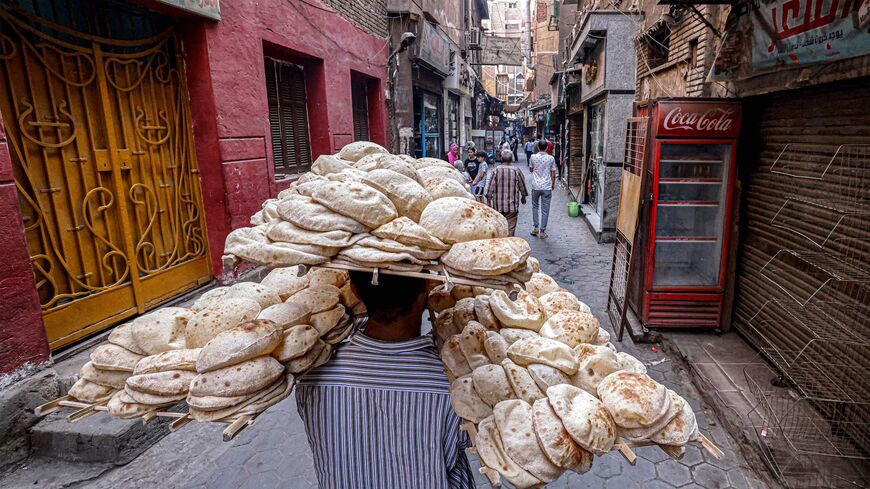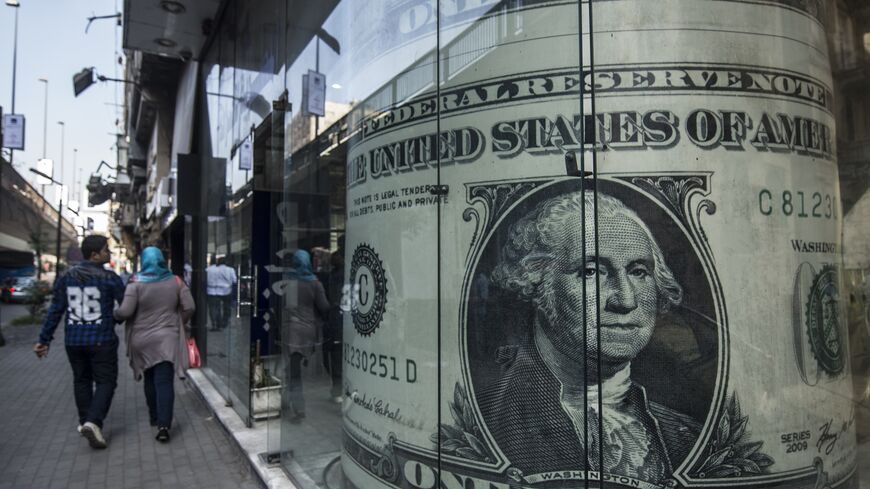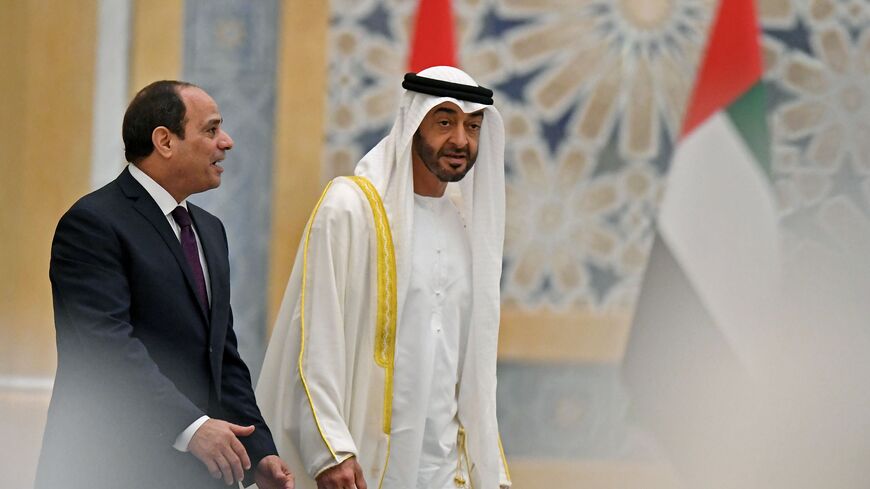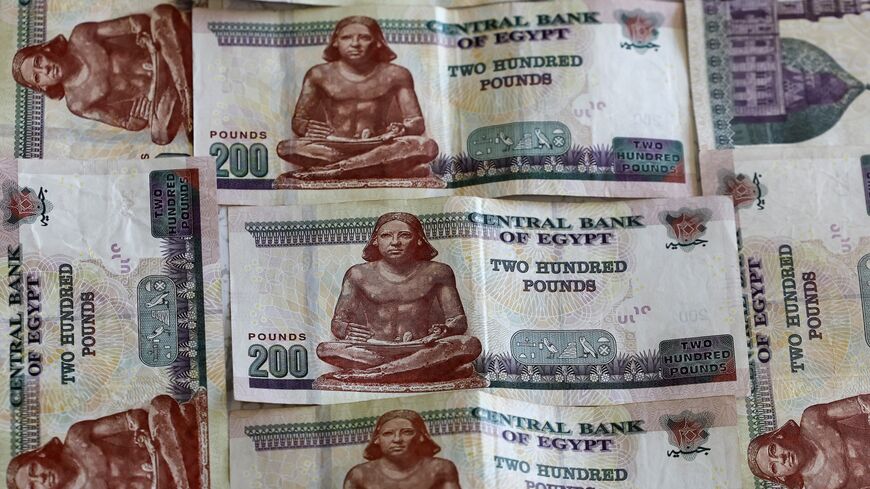Egypt’s foreign reserves hit record $46B on back of UAE, IMF deals
Egypt’s foreign reserves have been boosted by a recent Emirati investment in the Ras El-Hekma coastal area, though the economy is still struggling with inflation.

Egypt’s foreign currency reserves have reached their highest level in years, the country’s top monetary institution said on Tuesday, in a sign the economy may be improving after a major investment from the United Arab Emirates.
The Central Bank of Egypt said that foreign reserves reached $46.13 billion in May, up from $41 billion the month prior. The reserves are at their highest level since they hit $45.5 billion in February 2020 at the start of the COVID-19 pandemic, according to the bank.
Bloomberg reported that the $46.13 billion figure is the highest on record, according to available data.
Why it matters: Egypt has been struggling with dwindling foreign currency reserves for years. Decreased tourism during the pandemic led to a decreased amount of foreign currency, as did the supply chain shocks after the 2022 Russian invasion of Ukraine.
More recently, the North African country has been experiencing reduced trade through the Suez Canal amid the Houthi attacks in the Red Sea. According to the United Kingdom's Office for National Statistics, traffic through the canal fell 66% from mid-December to the start of April.
Relatedly, Egypt's foreign debt has soared under President Abdel Fattah al-Sisi, who took power in 2014, rising to $168 billion by the end of December, up from $164.5 billion in September. All in all, external debt has quadrupled since 2015, in large part due to infrastructure projects such as Egypt's New Administrative Capital, according to Reuters.
By February, Egypt’s foreign reserves were $35.311 billion, according to the Central Bank.
The figures are the latest sign that Egypt’s reserves crisis is turning around. The United Arab Emirates pledged in February to invest a whopping $35 billion into Egypt as part of the deal to develop the Ras el-Hekma coastal area on the Mediterranean Sea. The Egyptian government said in early March that it had already received $10 billion under the deal.
The International Monetary Fund increased its bailout loan to Egypt by $5 billion in March, and the European Union provided 1 billion euros ($1.09 billion) to the country in April as part of a wider 5 billion-euro ($5.44 billion) loan package. The same month, International Cooperation Minister Rania Al-Mashat said Egypt expects to receive $400 million in budget support from the United Kingdom over the next two years.
Egypt agreed to shift to a more flexible exchange rate per the IMF deal, and the pound was devalued from a rate of 30 pounds to the US dollar at the start of March to the current rate of 47 pounds to the dollar.
The Central Bank said in April that the foreign reserves had risen to $40.361 billion as of the end of March, the first time they were above $40 billion since February of 2022.
The Egyptian government's use of the Emirati investment to boost foreign reserves has been praised by some observers.
“The authorities’ commitment to use a large part of the new financing from the Ras El-Hekma deal to improve the level of reserves, fast-track the clearance of foreign currency backlogs and arrears, and reduce government debt upfront is prudent,” read an IMF report from late March.
Egypt’s foreign reserves could rise further. The credit rating agency Fitch predicted last month for reserves to rise above $49 billion during the current fiscal year, in part due to the Ras El-Hekma deal, and upgraded Egypt’s credit outlook to “positive.”
Egyptian Planning Minister Hala al-Saeed predicted on Sunday that the economy would grow by 2.9% to 3% during the current fiscal year, which ends on June 30, with an additional 4.2% growth the following year. Accumulation of foreign currency reserves tends to increase GDP.
Egypt is still facing economic challenges, particularly price increases. Headline inflation was 32.5% in April, down from 33.3% in March, according to the state statistics agency CAPMAS. The Central Bank instituted a 6% rate hike in March, but opted to keep rates as they were during its May meeting.
Know more: Sisi ordered Prime Minister Mustafa Madbouly on Monday to form a new governmental cabinet following the resignation of the last one. The president called on the next government to bring in more investment and reduce inflation, among other things.







